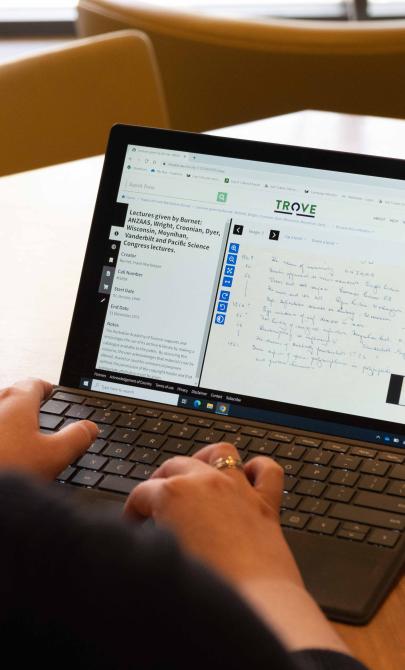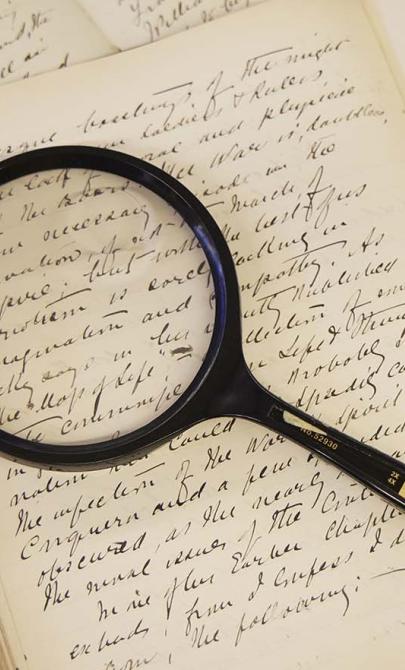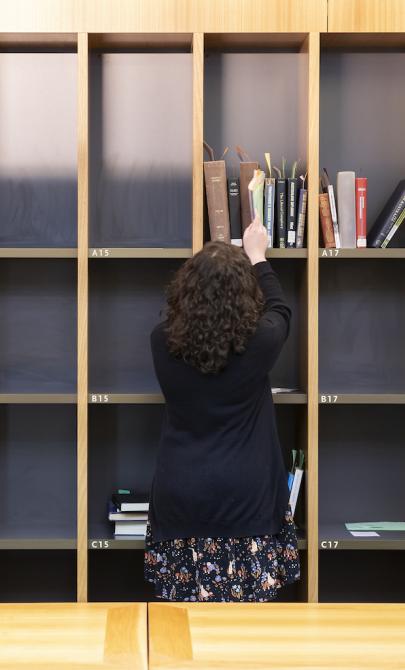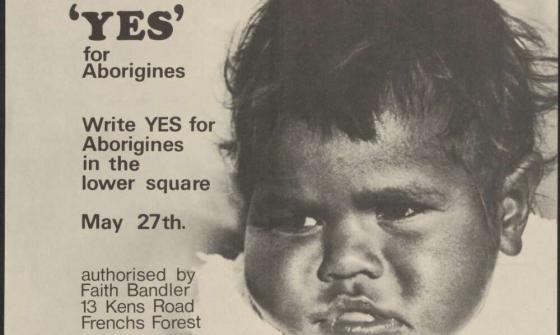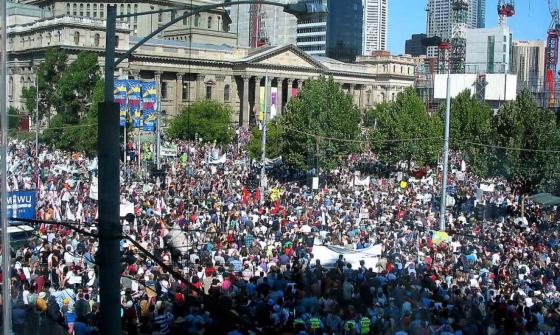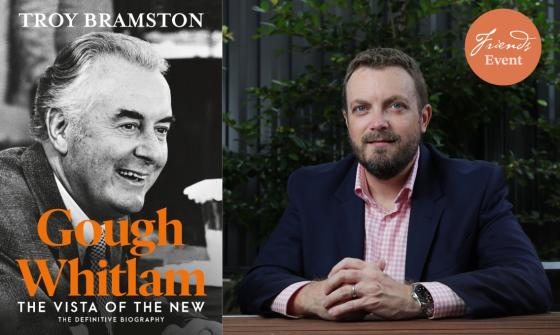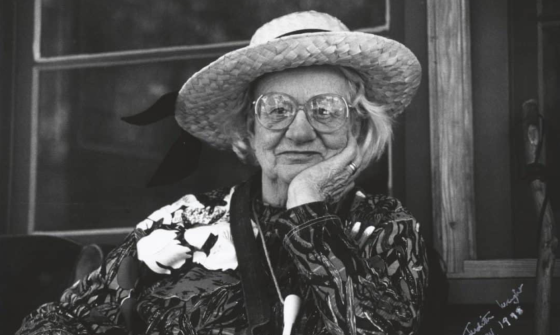Dryer Collection
Key items in the collection
Highlights from this collection demonstrate its historical significance and variety.
There are about 1900 books, pamphlets and serials in the Dryer Collection, about half of which relate to Ireland. They include a substantial and important group of books written in Gaelic, mostly published in the 1920s and 1930s, and early Irish texts published in facsimile, such as:
- The Book of Lecan (1937)
- The Book of Amargh (1937)
- The Book of Ui Maine (1942)
- The Book of Kells (1950–51)
- The Book of Leinster (1954).
There are a large number of books on Irish history from the earliest times, with a special emphasis on Irish nationalism, and also works on Irish saints, folklore, poetry and art. There are a number of novels, in both Gaelic and English.
The subject matter of the remainder of the collection is very broad. It includes:
- Greek and Latin texts
- theological works
- and books on European, Welsh and Scottish history
- Catholic history and doctrine
- world religions
- music
- poetry
- metaphysics
- medicine
- chemistry,
- the Soviet Union
- communism
- anti-communism.
There are a number of Australian novels and works on the Catholic church and the Irish in Australia.
Elizabeth Hayes, who married Dryer in 1933, was a talented singer and assembled a good collection of books, albums and sheet music, with a particular strength in Irish songs.
The albums include:
- Edward Bunting, The Ancient Music of Ireland Arranged for the Pianoforte (1840),
- PW Joyce, Ancient Irish Music (1912),
- Hubert Rooney, The Well-known Songs of Ireland (n.d.),
- Mrs Costello, Traditional Folk-songs from Galway and Mayo (1923)
- Alfred Moffat, Irish National Songs: A Collection of Favourite Irish Nationalist Songs (n.d.).
There is also a substantial quantity of manuscript music scores, including:
- Irish national songs
- patriotic songs
- military music
- folk music
- sacred music
- arrangements of works by classical composers.
Dryer’s personal papers, dating from 1906 until his death, include:
- correspondence
- reports
- manuscripts
- petitions
- minutes
- certificates
- handbills
- newspaper cuttings
- photographs.
There are extensive papers from World War I, including material on Dryer’s internment, the Irish Prisoners’ Relief Committee and the Irish Book Depot. Other papers relate to:
- the Irish National Association
- the Australian League for an Undivided Ireland
- the Irish Embassy in Canberra
- the visit of Eamon De Valera in 1948.
There are also some papers of Elizabeth Hayes, such as an autograph book, harmony exercises and theory notebooks.
About Albert Dryer
Albert Thomas Dryer (1888–1963) was a Sydney-born medical practitioner and a dedicated Irish nationalist active in Australia.
Early life and career
Dryer was educated at various schools in Sydney and Singleton. He began his working life as a clerk in the Customs Department in Melbourne in 1908, transferring to Sydney the following year. Due to his political activities, he was dismissed from the department in 1919. Afterward, he briefly ran an Irish book depot and worked as a bookkeeper and shopkeeper. He later pursued studies in science at Sydney Technical College and medicine at Sydney University, graduating in 1938. He established a medical practice in Fairfield in 1940 and moved to Singleton after World War II, where he lived until his death.
Political activism and Irish nationalism
Though Dryer never visited Ireland, his mother’s Irish heritage deeply influenced him. In 1914, after reading Irish Nationality by Alice Stopford Green, he became an ardent supporter of Irish independence. He founded the militant Irish National Association of New South Wales in 1915. In 1918–19, Dryer and six other members were imprisoned on suspicion of involvement with the Irish Republican Brotherhood.
Dryer remained a leading figure in the Irish National Association until his death. He also founded the Australian League for an Undivided Ireland (1948–54) and was instrumental in organising the 1948 Sydney visit of Eamon de Valera, then Taoiseach of Ireland.
Background to the collection
The Dryer Collection was purchased in 1981 from Dryer’s son, Albert Dryer. He donated further items in 1986 and 1990. Many of the personal papers of Dryer were in the possession of Professor Patrick O’Farrell and were transferred from the O’Farrell papers in 2002.
The books and pamphlets in the Dryer Collection have been kept together as a collection, with the exception of five items transferred to the Rare Books Collection. The call numbers of the books have the prefix DRYER.
The printed music is kept together as a collection within the Music Collection. The papers of Dryer, which occupy 12 boxes, are held in the Manuscripts Collection. Use the finding aid. The manuscript music is kept with the papers.
This guide was prepared using these references:
- Patrick O’Farrell, Albert Thomas Dryer (1888–1963), Australian Dictionary of Biography Online
